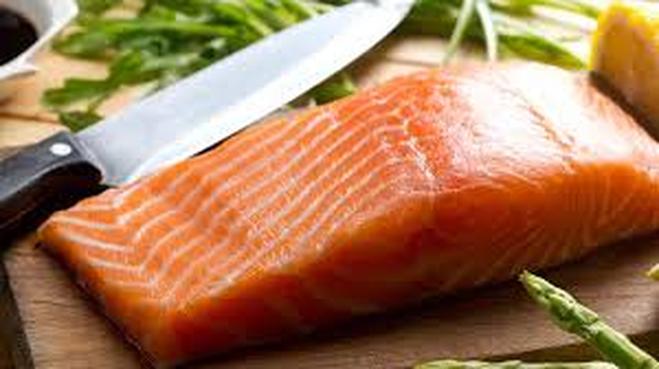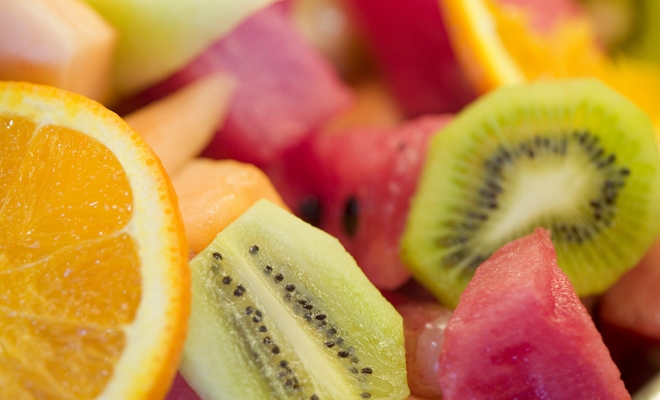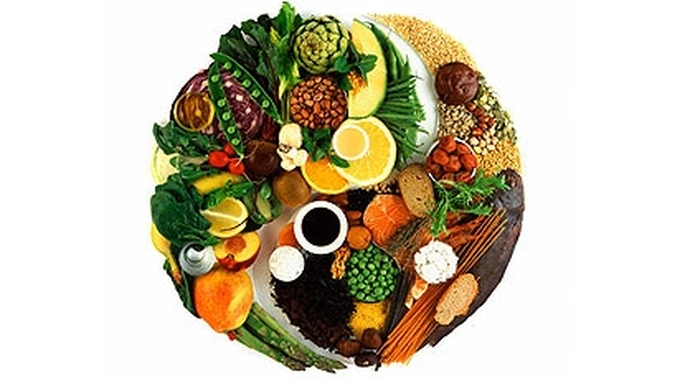What do you think your body wants most?
Better food? Cleaner air? More sex? All of the above?
Balance, or homeostasis, is what your body wants most. Your body naturally wants to be balanced. Any tiny change to your environment that alters your blood's pH and oxygen saturation will elicit a cascade of events that ultimately attempts to bring you back into a state of perfect balance.
Did you know that the food you eat is a major contributing factor to the overall balance of the body? According to Traditional Chinese Medicine, the energetic effects of some foods on the body are mild, such as vegetables and whole grains.
Foods such as meat, milk, sugar and salt have more extreme effects on the body, and when consumed in excess, can throw it off balance. This struggle eventually leads to a craving for whatever the body needs to regain balance. Extreme foods can be divided into two categories: contractive and expansive. Traditional Chinese Medicine recognises these food qualities as Yin (expansive) and Yang (contractive).
Sometimes my clients seem to be eating all the right things - their macronutrient intake is spot on, and they are getting adequate amounts of vitamins and minerals - but their bodies are still showing serious signs of imbalance.
This is when I might look to traditional, more energetically-based approaches like TCM for clues on how to get that person feeling better.
Contractive Foods

The most common and powerful contractive food is salt, which many people consume regularly and in large quantities especially if they eat a lot of takeaway or cured meats.
Animal foods (including fish) are also extremely contractive foods. These yang foods can imbue us with feelings of strength, aggressiveness and increased physical and mental power, partly due to the residues of adrenaline left behind in the muscles of these animals at their death, which we then consume.
When we eat too much of these foods, we create an imbalance and quickly feel bloated, heavy, sluggish and mentally slow, and we will crave expansive foods as a way of maintaining balance.
Ancient grains, root vegetables, and sea vegetables are examples of more balanced contractive or yang foods. You can eat these in place of processed meats, large amounts of red meat, and white bread to bring your diet back into balance, and ensure you're getting plenty of vitamins and minerals.
Even if you don't look at your diet from an energetic point of view at all, these recommendations still make sense! I find it amazing how traditional wisdom and science frequently line up to tell us the same thing.
Expansive Foods

Less extreme, more balance-creating yin foods include fruits, leafy vegetables, seeds and nuts. The main extreme expansive food is refined white sugar. Expandsive foods provide a feeling of lightness, elevations in mood and relief from blockages and stagnation. However, extremely yin foods like refined white sugar also cause rapid elevations in serotonin, followed by rapid declines.
When serotonin levels fall, we may experience feelings of depression, low energy, anxiety and loss of concentration.
Eating a diet too rich in sugar (yin) may cause a craving for meat (yang) to bring things back into balance. Being aware of the energetic properties of foods can help you to deconstruct your cravings and choose meals for optimum emotional and physical balance.
In my health consultations with clients, I assess not only the physical aspects of someone's diet and health, but the emotional and energetic aspects, too. These must all be balanced, just like the nutrient profile of a diet must be balanced and personalised for the individual.


































 RSS Feed
RSS Feed



